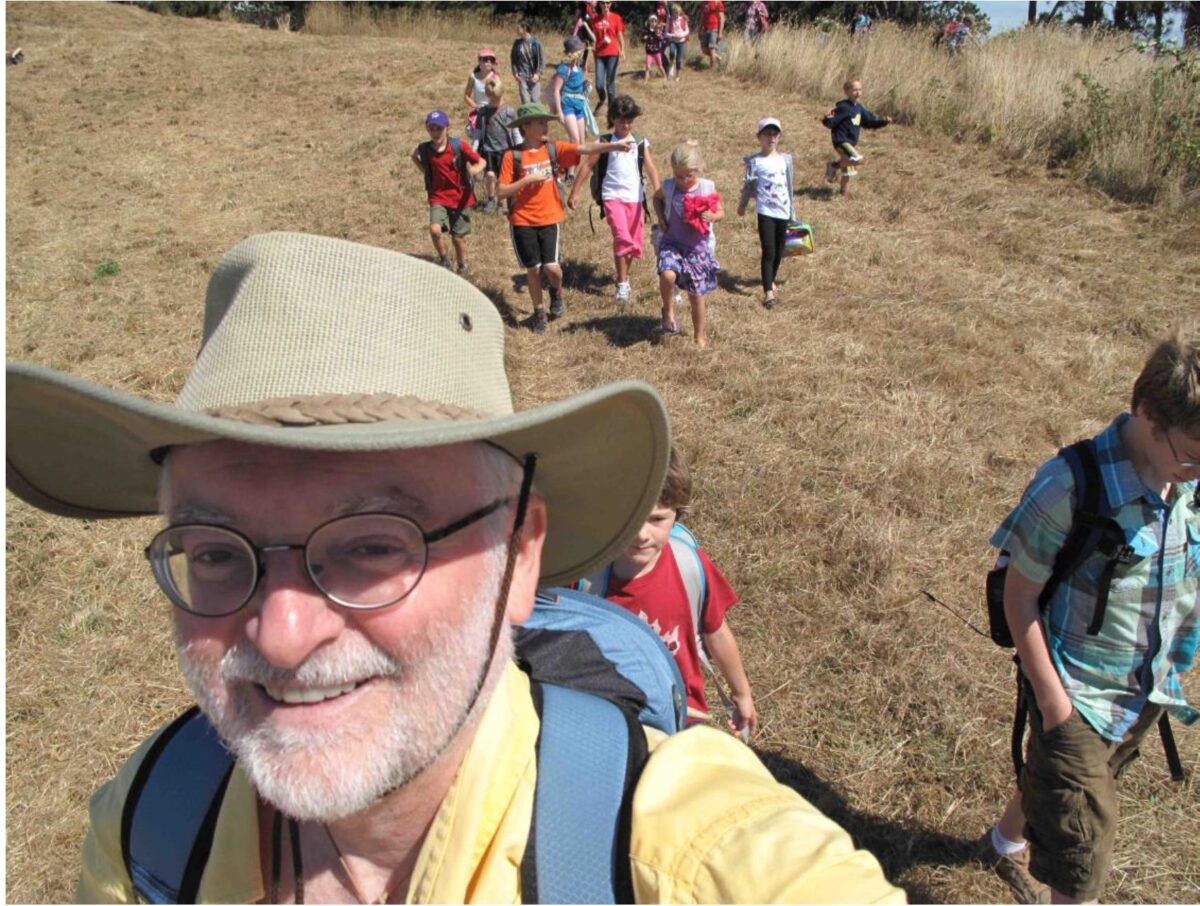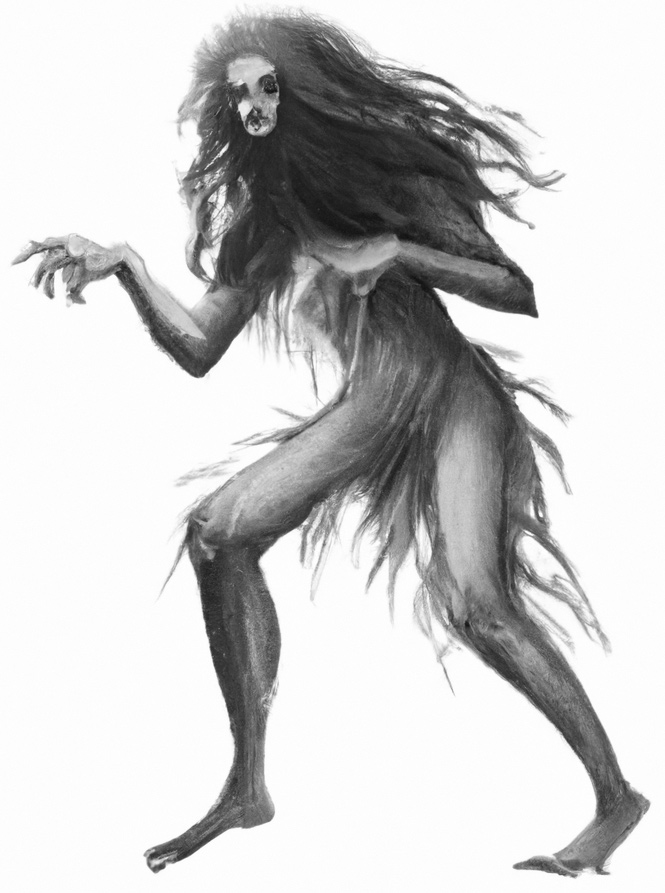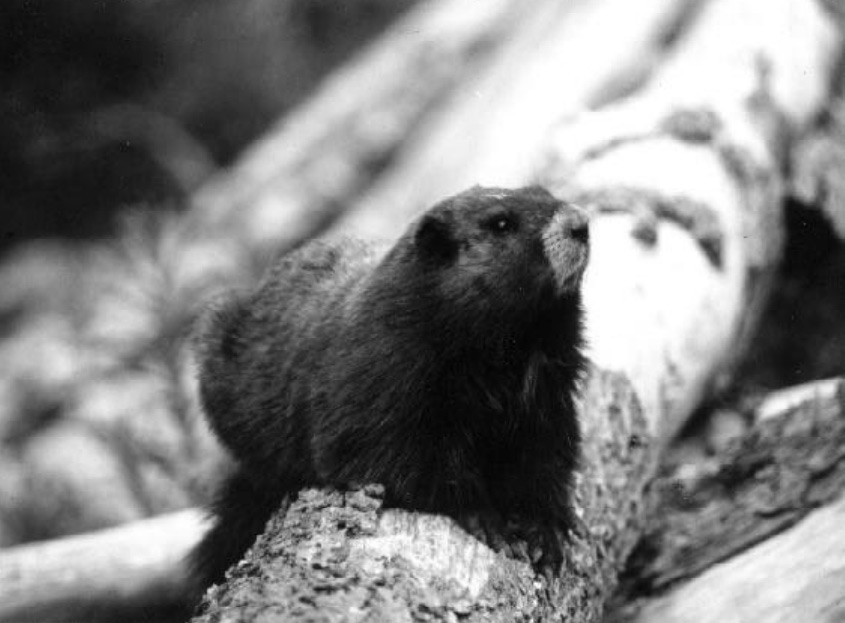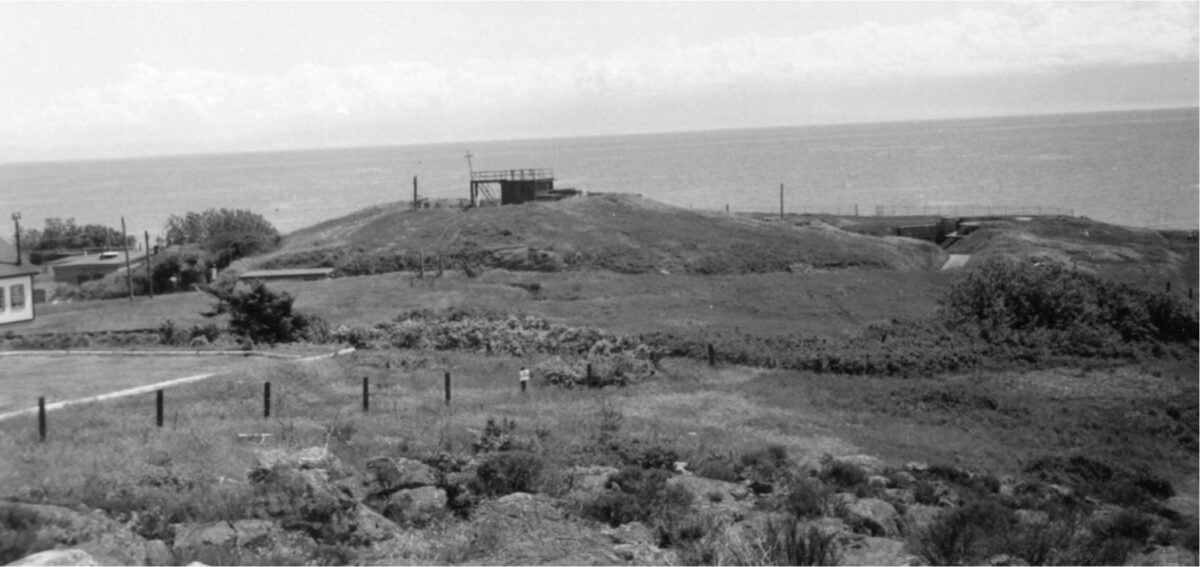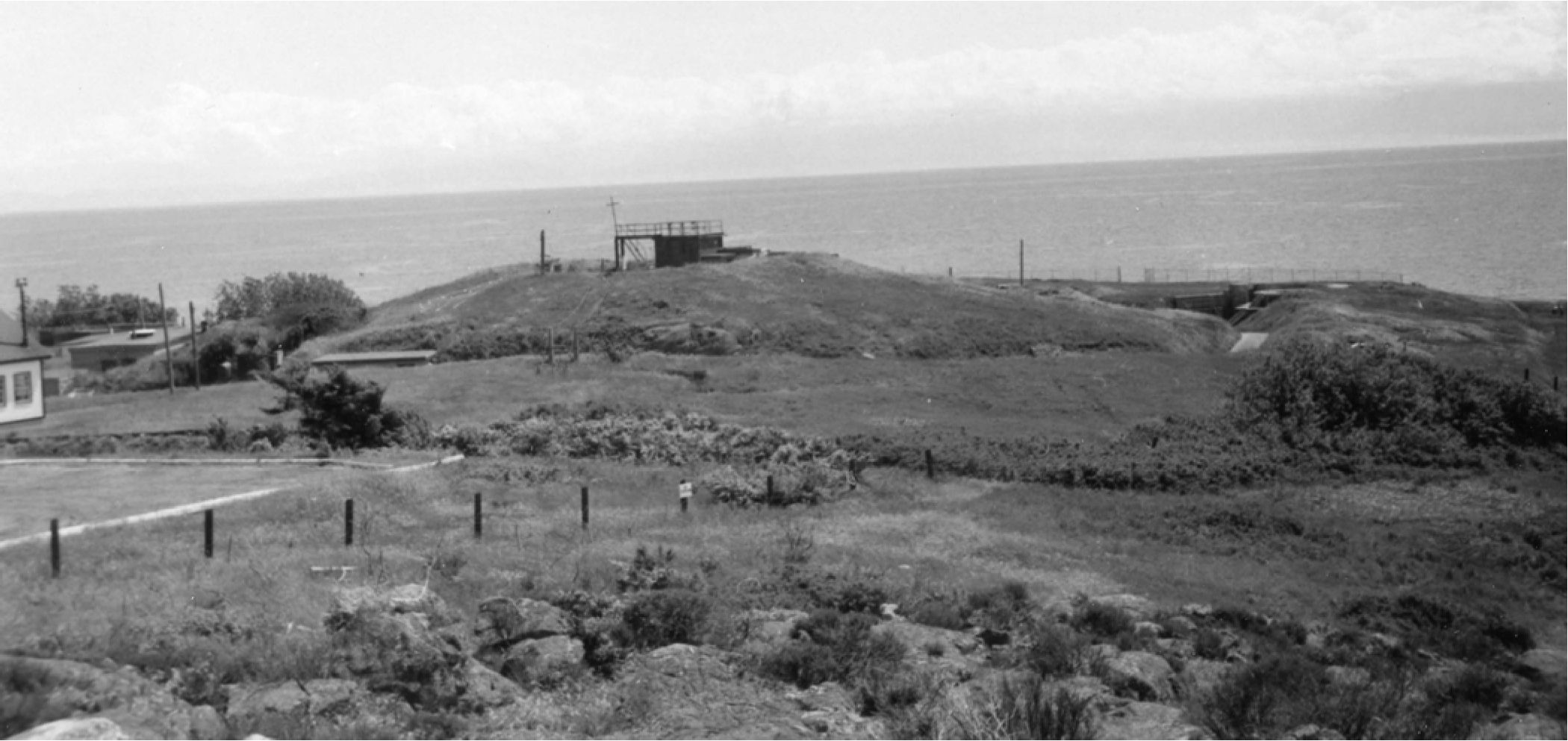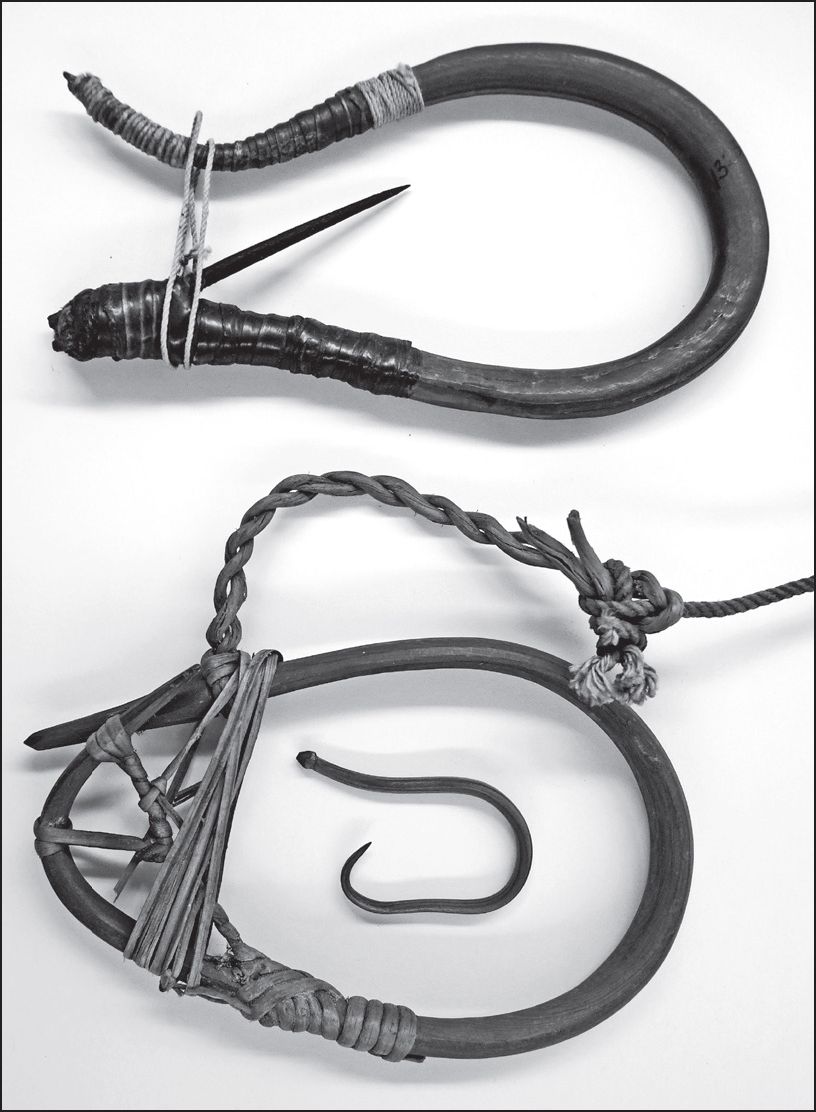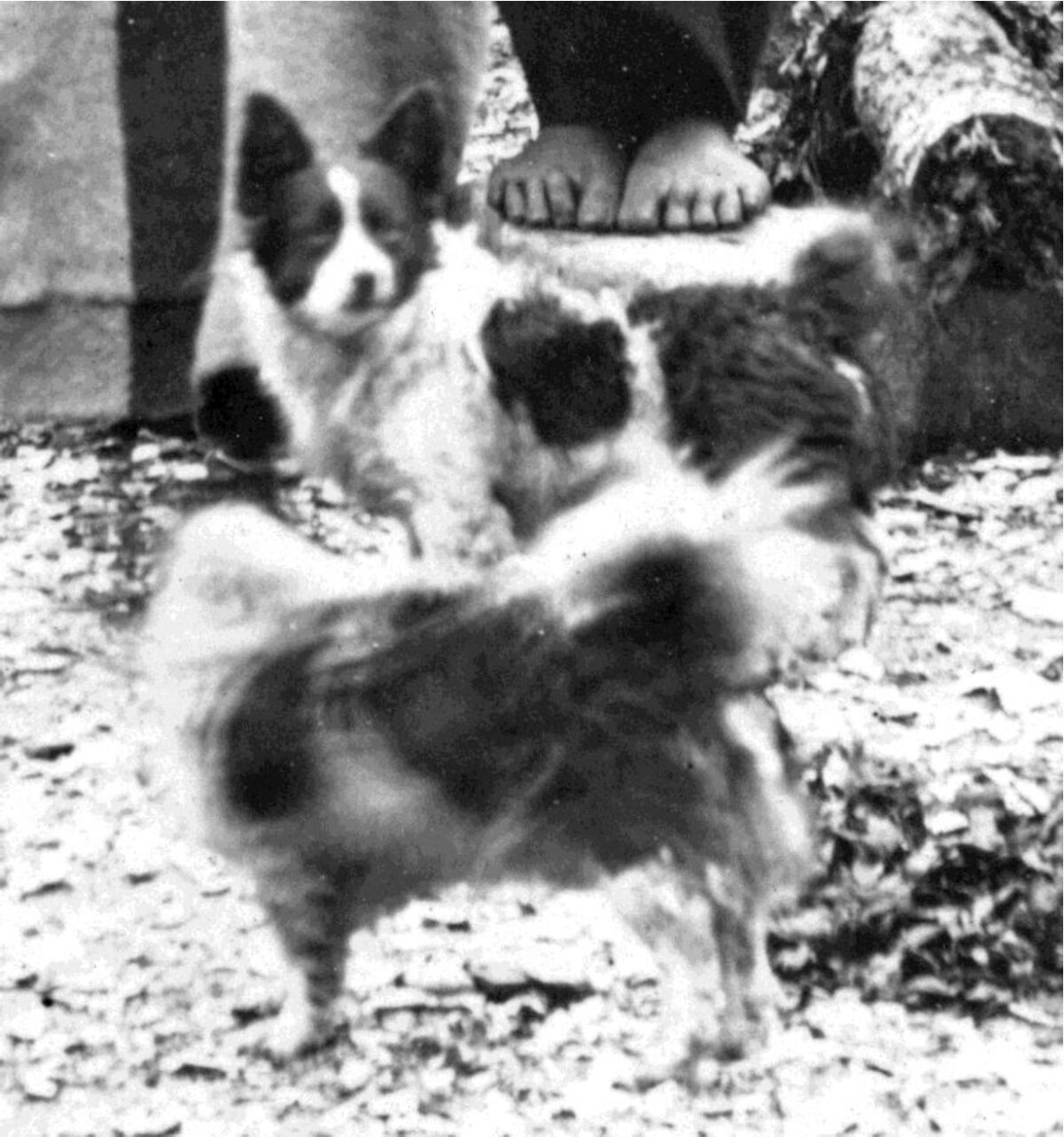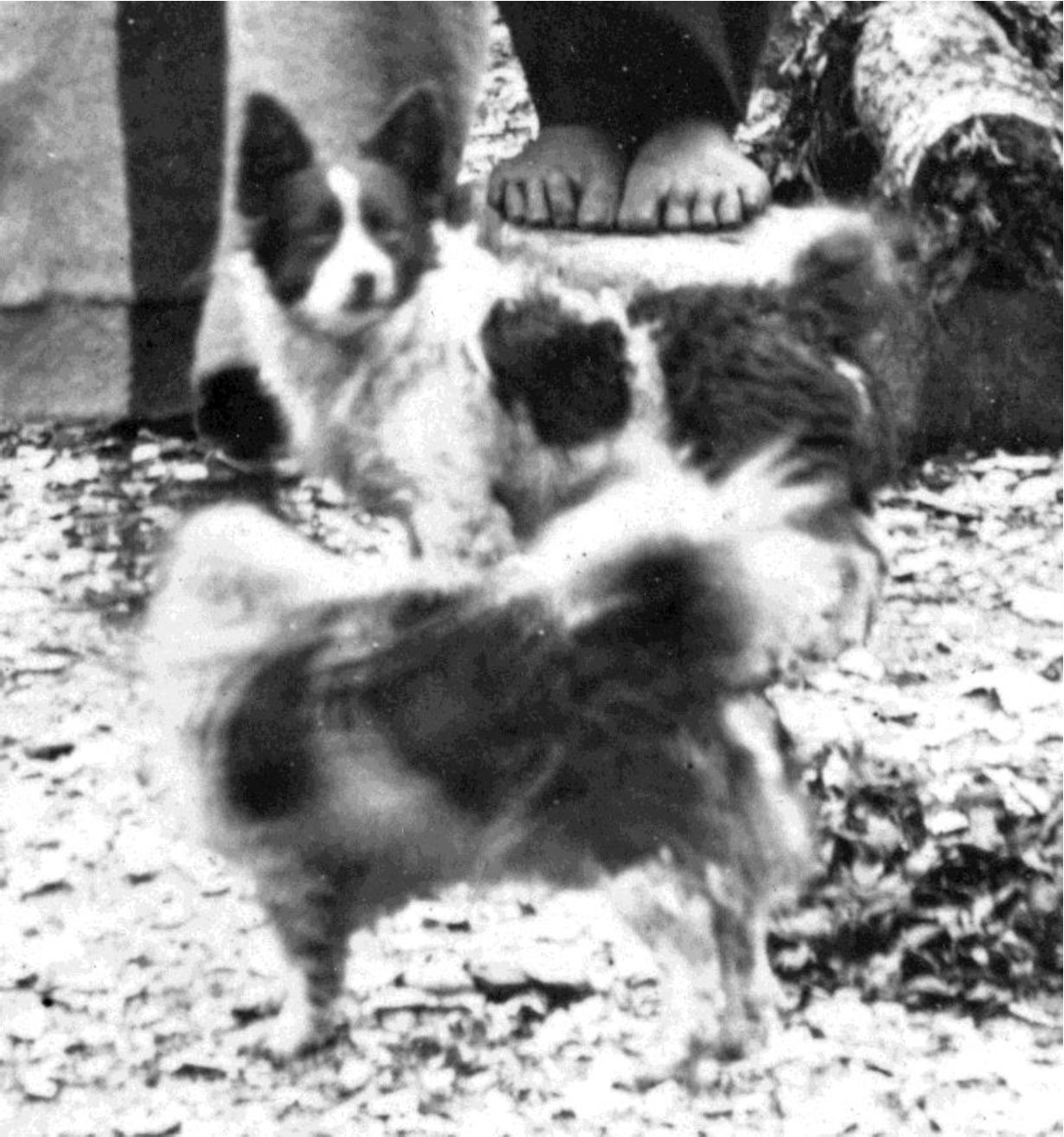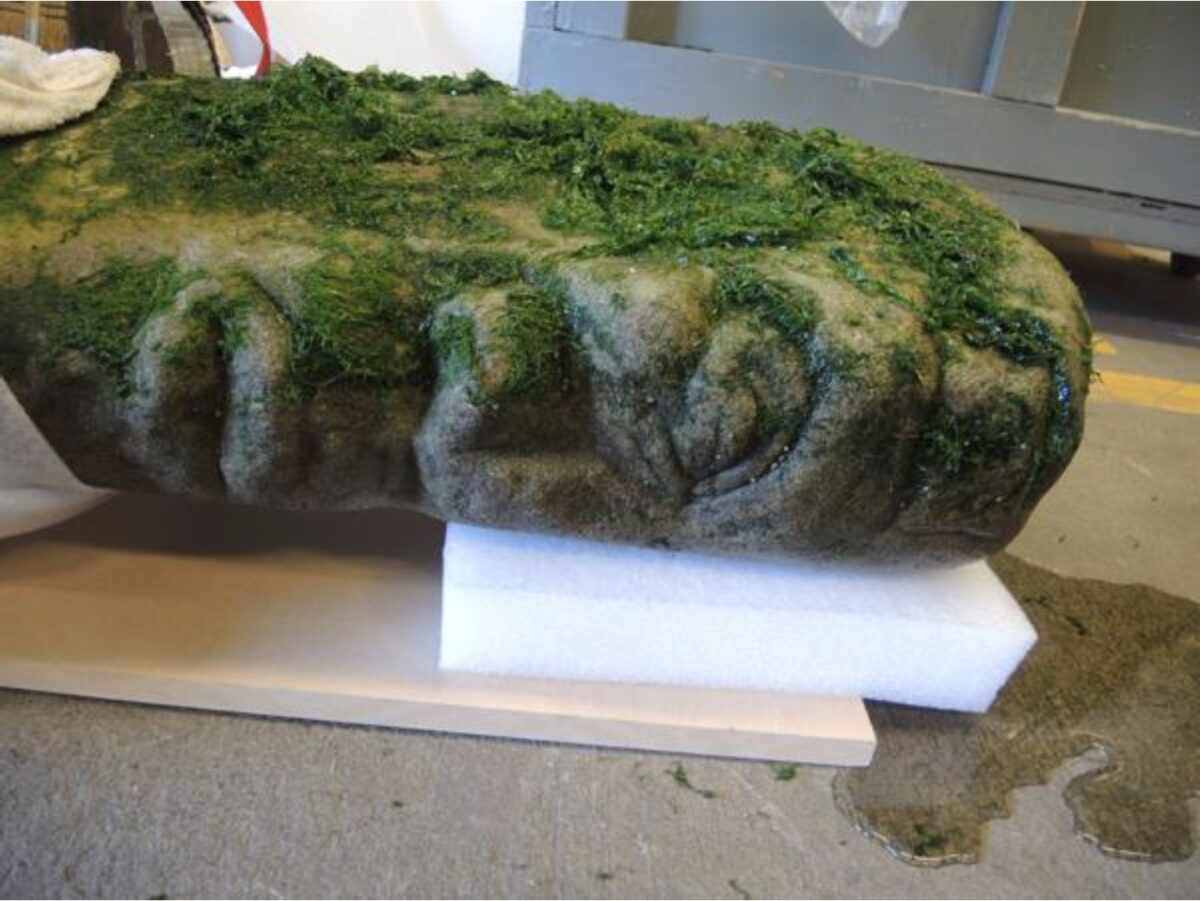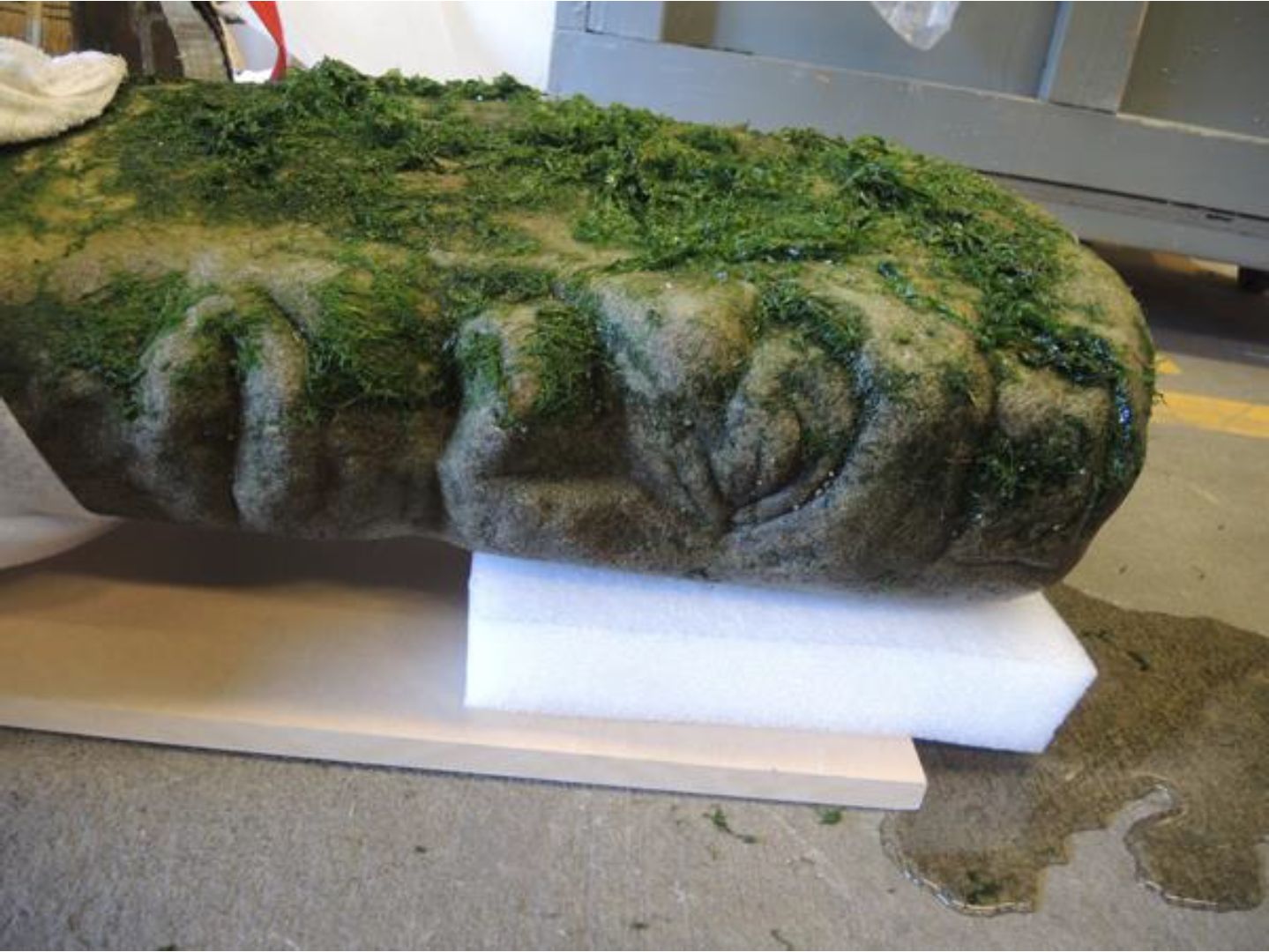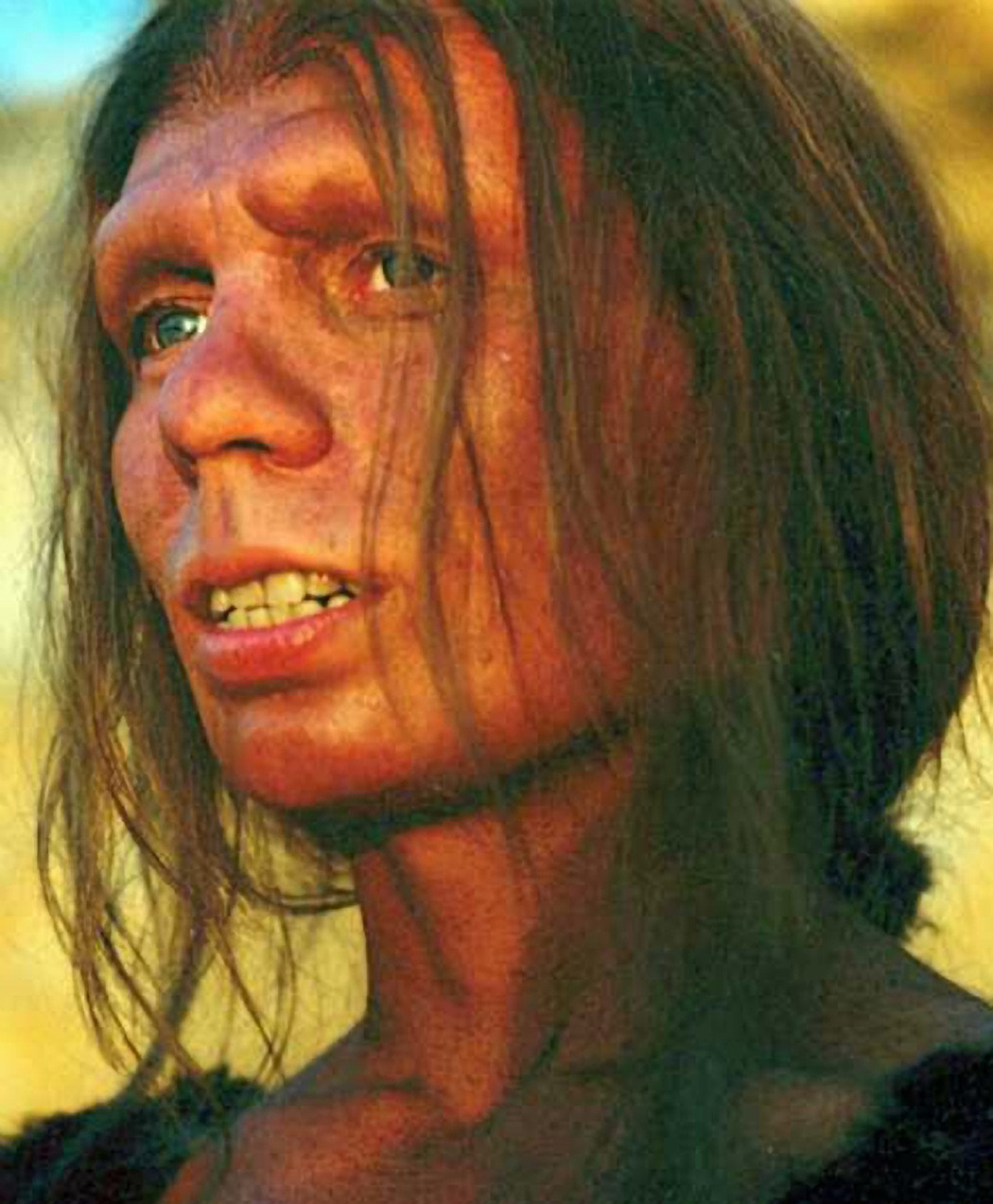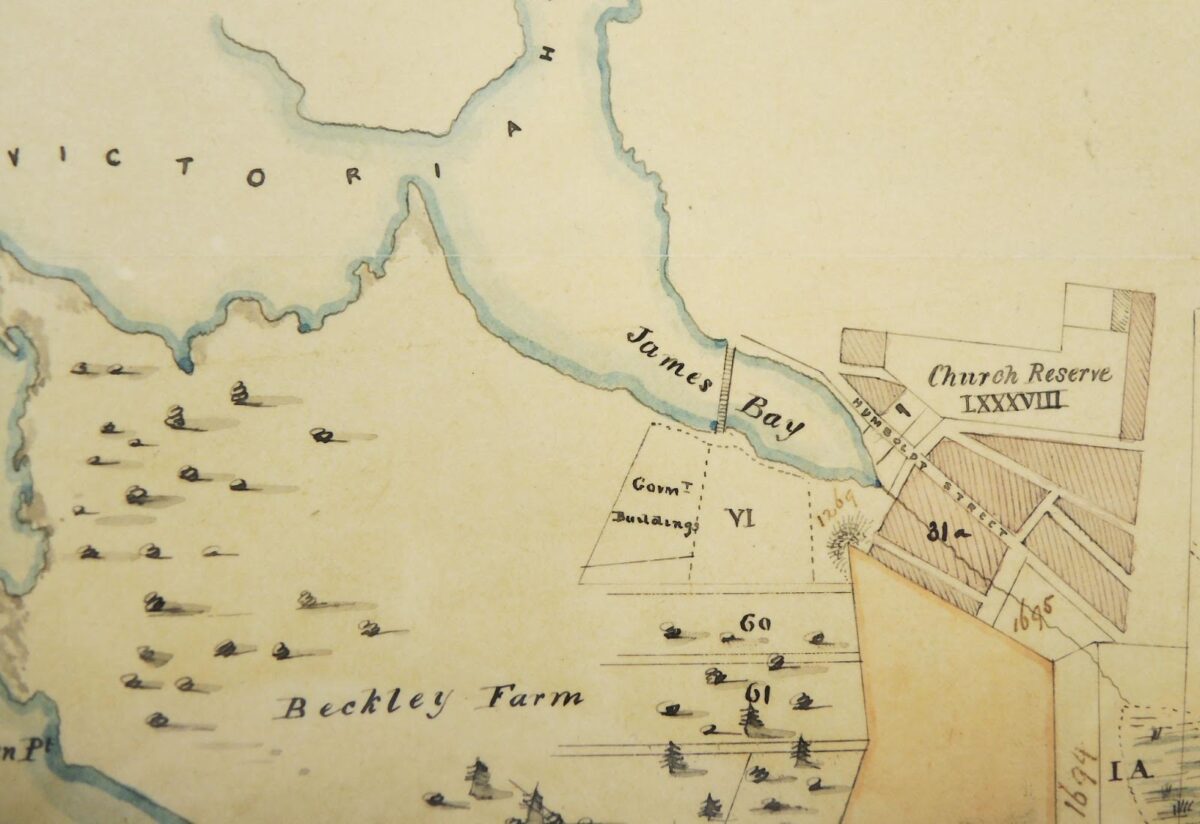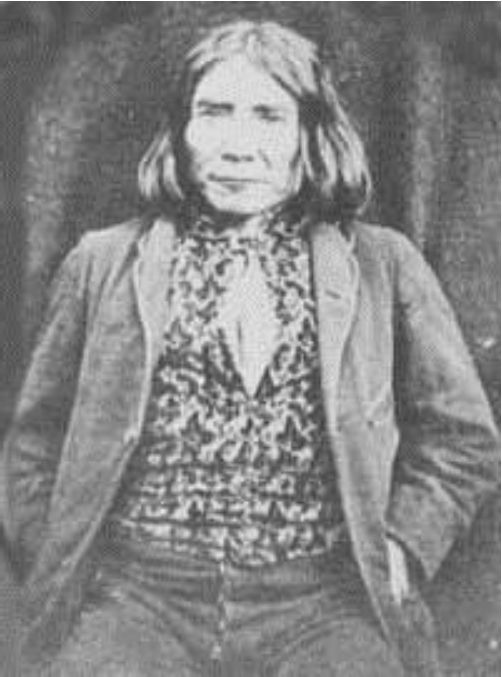
By Grant Keddie James Squameyuqs–Songhees Chief 1864-1892 James Squameyuqs (Grand fir tree), also spelt as Scomiak, Comey-uks, Kumayaks, Skomiax, Skomiak, Scomiax and Somiax, was born about 1797. On 12 November 1864 he became the second chief of the Songhees since the founding of Fort Victoria. “Comey-uks” is the second person listed on one of the aboriginal treaties made by Governor James Douglas in 1852. This treaty was called the South Saanich Treaty, but included the area south of the territory of the Saanich people, from Cowichan head to Mount Douglas. Songhees band member James Fraser related how his grandfather, the first Songhees chief, named Freezy, or Chee-al-thluc, “invited James Kumeyaks of Sidney Island to move to Victoria”. In 1867 Squameyuqs’s home … Continue reading “James Squameyuqs”
